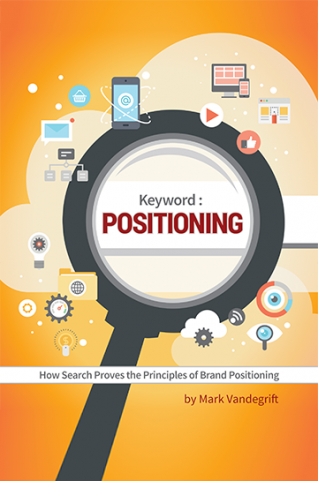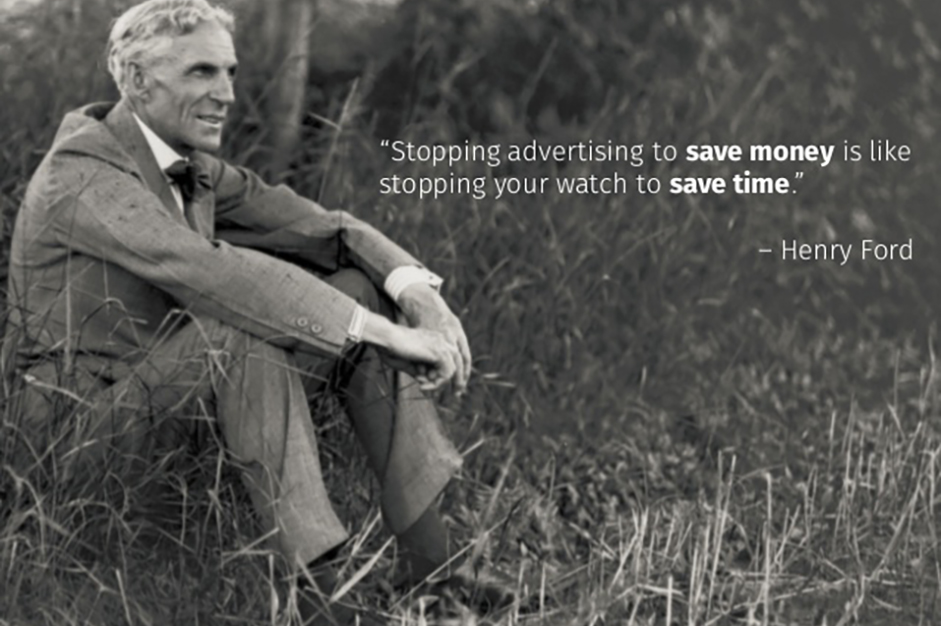Ad agency people frequently hear the question, “How much money should we spend on marketing?” The question is pretty basic, but the answer is not a simple sum or percentage. Advertising budgets are challenging.
Before we can determine the right amount of money to invest in marketing, we need to ask and answer a string of questions.
Determining an advertising budget
To begin, what part of your business makes you the most money? The answer to that question should be your advertising budget.
For a retail business, the physical location matters. A great location might be the best advertising investment. The business owner who tries to save money with a weak location will be handicapped to the point where it might not be possible for even a ton of advertising to make much difference.
A strong location and good advertising will deliver enough exposure to build a customer base. So back to the opening question: How much should a retailer spend of its gross sales to get the right amount of exposure?
Here’s one way. If your markup on your cost of goods is around 100 percent, you’ll be in good shape — consider 10 percent of gross sales. If you have a higher markup, then you should invest more. If your markup is less than 100 percent, then you’ll likely have to reduce your expenditure on rent and advertising.
The budget depends on several factors, including the industry in which you operate. Search online for “advertising-to-sales ratio.” You will find a chart that shows alphabetically by industry or SIC code what your competitors are spending on average as a percent of gross sales. This is a good starting point.
For example, the category spending the highest percentage on advertising is “perfumes and cosmetics” at 21 percent of sales. One of the lowest is “iron and steel foundries” at close to zero. Businesses selling to other businesses are closer to on average 2 to 5 percent of sales.
Your spending also depends on how new you are to the market. New entrants must spend more to establish themselves. Clearly, the percentage of sales invested in advertising will be higher for the first several years — approaching 20 percent of sales.
Tracking your customer acquisition cost will be very helpful as you optimize your media and related advertising tactics.
For example, a Google AdWords pay-per-click campaign might cost $250 and increase sales by $500. That’s a 100 percent return on investment. Whereas, a broadcast email campaign might cost $500 and return $750 in sales, a 50 percent return. Attention should always be given to optimizing your ROI.
Competitors advertising budget
Spending also depends on the competition. How many competitors do you have and how much are they spending? You’ll have to spend enough to be heard through the clutter.
Figuring out the right marketing budget is part science with a little guesswork. If you’re going to be off, it is better to have spent more rather than less. Spending too little might cripple your business, whereas, spending too much will result in more sales, albeit at a higher acquisition cost.
What goes into the advertising budget? As mentioned earlier, for a retail business, your location is included in the budget. Think of the advertising budget as all that is needed to gain exposure.
Depending on the type of business, tactics to gain exposure might include digital marketing (website, SEO, pay-per-click, social marketing, content development) public relations, events, trade shows, traditional advertising channels (TV, radio, newspaper, direct mail, outdoor, magazine), collateral printed materials, packaging, promotional items, signage, networking opportunities and of course, creating, producing and managing all the above.
Spend on the right messaging
The money always will go further with the right message. Your company, product and/or service is a brand. Your brand must stand for one cohesive idea, the position, in the mind of your prospects and customers. The more that idea is different from your competitors’, the better. The more that idea is meaningful to your prospects and customers, the better. The more you are passionate about that idea, the better.
Think of the advertising budget as an investment that returns more than any other part of your business. Henry Ford did. “Stopping advertising to save money is like stopping your watch to save time,” he said.



